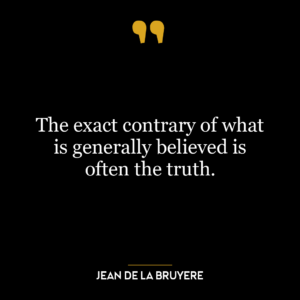This quote, “Always tell the truth; then you don’t have to remember anything,” is a witty and insightful commentary on the nature of honesty and deception. It suggests that lying, besides being morally wrong, is also mentally taxing. When a person lies, they must remember the details of their fabrication to maintain the illusion of truth. This can become increasingly complex and stressful over time, especially if multiple lies are told.
On the other hand, if a person always tells the truth, they don’t have to remember any fabricated stories or details. Telling the truth is simpler and more straightforward, freeing the mind from the stress and anxiety of maintaining lies. In this sense, truth-telling is not only a moral virtue but also a practical strategy for mental peace and simplicity.
Applying this idea to today’s world, we might consider the impact of “fake news” and misinformation that pervades social media and politics. The spread of false information can create confusion and mistrust in society, making it more difficult for individuals and communities to make informed decisions. If everyone prioritized truth-telling, we would have a more transparent and trustworthy information environment.
In terms of personal development, this quote can serve as a guiding principle for building character and integrity. Being honest can enhance personal relationships, professional reputation, and self-esteem. Moreover, it can reduce stress and anxiety associated with maintaining lies. By always telling the truth, one can live a more authentic and peaceful life.
In conclusion, while lying might seem like an easy way out in certain situations, it often leads to more problems down the line. On the other hand, consistently telling the truth promotes trust, simplicity, and peace of mind. As such, this quote serves as a timeless reminder of the value of honesty.









